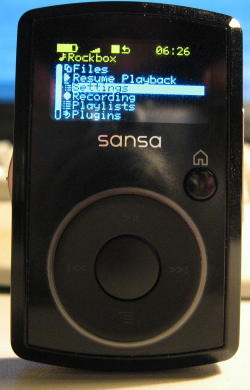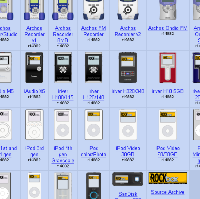So I wrote this little perl script to perform a lot of repeated binary Rockbox builds. It builds something like 35 builds and zips them up and gives them proper names in a dedicated output directory. Perfect to do things such as release builds.
Then I wrote a similar one to build manuals and offer them too. I then made the results available on the Rockbox 3.0RC (release candidate) page of mine.
Cool, me thinks, and since I’ll be away now for a week starting Wednesday I think I should make the scripts available in case someone else wants to play with them and possibly make a release while I’m gone.
I did
mv buildall.pl webdirectory/buildall.pl.txt
… thinking that I don’t want it to try to execute as a perl script on the server so I rename it to a .txt extension. But did this work? No. Did it cause total havoc? Yes.
First, Apache apparently still thinks these files are perl scripts (== cgi scripts) on my server, even if they got an additional extension. I really really didn’t expect this.
Then, my scripts are doing a command chain similar to “mkdir dir; cd dir; rm -rf *”. It works great when invoked in the correct directory. It works less fine when the web server invokes this because someone clicked on the file I just made available to the world.
Recursive deletion of all files the web server user was allowed to erase.
Did I immediately suspect foul play and evil doings by outsiders? Yes. Did it take quite a while to restore the damages from backups? Yes. Did it feel painful to realize that I myself was to blame for this entire incident and not at all any outside or evil perpetrator? Yes yes yes.
But honestly, in the end I felt good that it wasn’t a security hole somewhere that caused it since I hate spending all that time to track it down and fix it. And thanks to a very fine backup system, I had most of the site and things back up and running after roughly one hour off-line time.






 Ok so the guys on the
Ok so the guys on the 